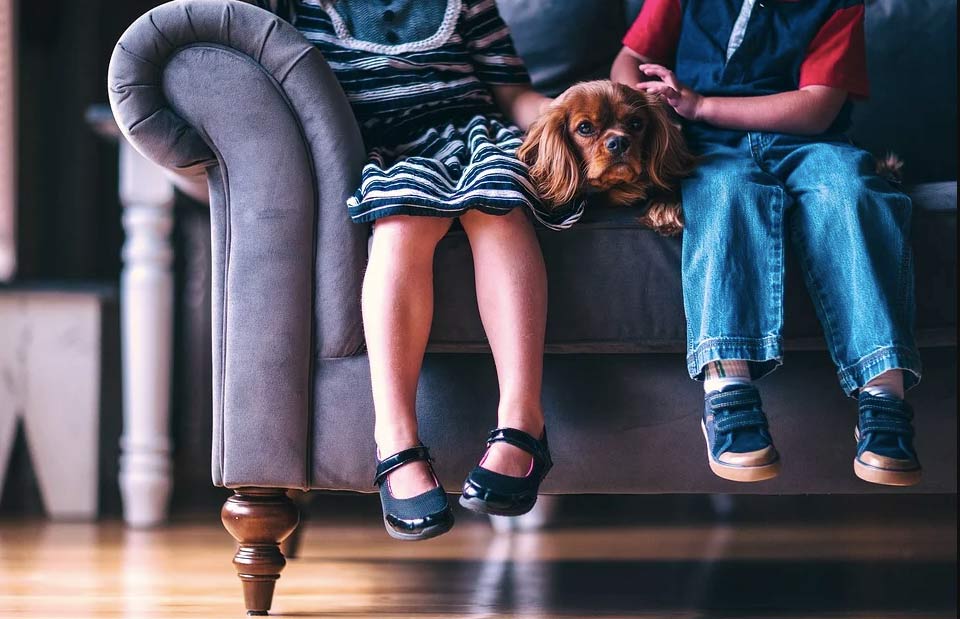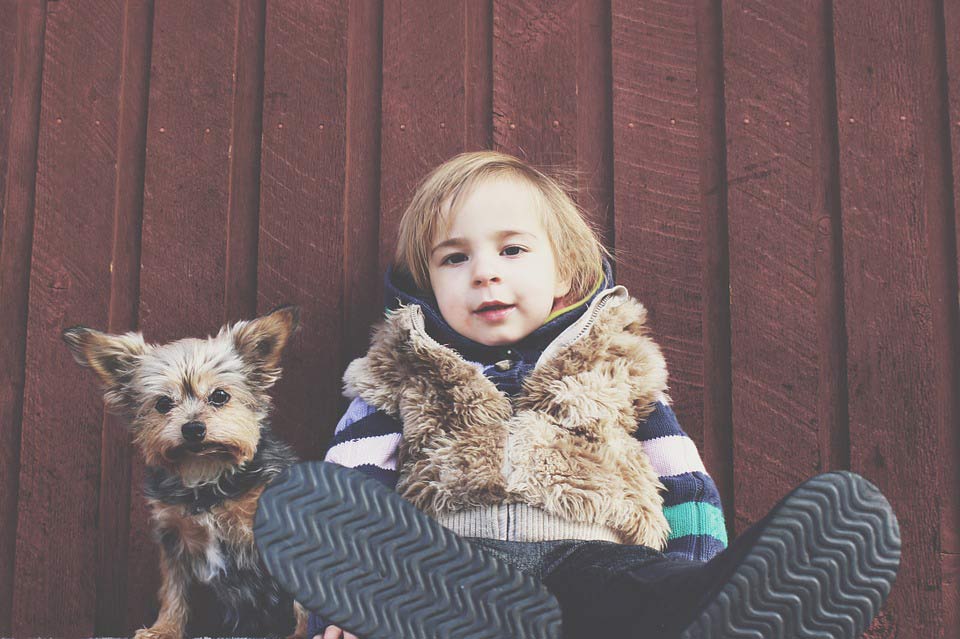There are more than 40% of households in the UK that own pets. These pets vary from dogs to cats, birds, rabbits, fishes, and others, including exotic animals. Each family member takes part in taking care of these animals, including children.
But why do families get pets even if they know that this entails more expenses and requires daily time allowance? Aside from the cuteness and fun animals can bring to our homes, there are many benefits.
Top Five Benefits of Pet Ownership
Kids love to play a part in taking care of household pets. Sometimes, parents bring in animals into their homes because their children asked for it. There are many benefits to owning and tending pets, whatever it may be. It also teaches them to care and be responsible, above everything else.
1. Responsibility
Caring for pets is one of the fastest ways to teach children about their responsibilities. Even at a very young age, kids become aware of people’s priorities if each family member takes part in nurturing an animal. Every kid wants to own a pet. However, children’s attitudes may differ when it comes to feeding and cleaning it. Children will understand that getting a household pet is an everyday responsibility and that it can never be cute all the time.
As a parent, you must be able to choose a pet that is age-appropriate to your child. If you have a little kid, it may be ideal to have a small animal to hold easily and pat. It will be more comfortable for both your kid and the pet to adjust to one other.
2. Hygiene and Healthy Habits
It is not easy to teach children to clean themselves on their own. With dogs around, they learn that keeping their pets free from germs makes them live longer, and the same goes for human beings. You can also have them help when you are bathing your pet.
Additionally, animals can teach children the importance of taking vitamins and a daily dose of exercise. Making kids join the daily dog walk will instill a routine activity that can keep their body healthy. A little bit of sunshine every morning will be enough for you, your kid, and your pet. It will also keep your kids away from their gadgets, even just a few minutes every day.
3. Patience
When kids see dogs for the first time, they think that training them is fast and easy. They will eventually learn that it takes some time and a lot of effort before a dog learns a single trick. It needs repetition and must be done regularly.
Just like people, pets start from zero. Potty training, teaching them not to chew on furniture and shoes will take a while. Frustrations and anger may come in, but children will realize that these attitudes do not help at all. With their furry friends, they will understand that rage is not the key to training their pets.
4. Caring for Others
Taking care of animals need time, money, and commitment. It will help if you wake up early to feed them or bring them outside to pee. Even kids will sometimes choose between watching their favorite TV show and walking or playing with their pets.
It may be difficult for kids to give up something they love to do for animals that need their attention and care. However, the love and affection the animals give to their owners are sometimes enough for children to give their full attention to pets. They learn to care and ensure that the basic needs of their animal friends are met.
5. Trust
Pets can provide unconditional friendship and love. When children feel this affection from animals, they learn that it is okay to give their trust. However, this relationship between children and pets takes some time to build. It entails respect and understanding of each other’s needs. Kids will come to realize that animals have basic needs that they have to provide, while the pets will learn that they can always depend on these little human beings.
How Parents Can Help Kids in Taking Care of Pets

Children cannot take care of animals on their own. They need someone to lead them and set good examples. As parents and adults, it is your responsibility to show them how things are correctly done in taking care of animals.
Support, understanding, and patience are vital to ensure that children will learn the right things. This way, the animals will also reciprocate the same kind of care and love for children. You can foster this mutual relationship between your kids and their pets by doing the following:
- Talk to your child that pet ownership is a permanent thing and that animals are not toys. They must understand that the cuteness of dogs and cats wears as the animals and their needs grow.
- Give your kids one responsibility at a time. It can be feeding the animals every morning for the first few months. Then, you can give them the task of walking your dog after that. As these tasks become natural, you can give them more or more immense responsibility, such as bathing your pet. Also, please do not leave them alone and be ready to assist whenever necessary. It will also be wise to let them choose the tasks they want to do so that they will do them more willingly,
- If your children are big enough, you can let them pick the house pet, whatever animal it may be. It would help if you let your kid read books or watch a film about animals before selecting one.
- Make each task feel like a pleasure instead of being a job. You can praise your children for every pet chore they do without being told. It will encourage them to do more and better next time.
- There may be times that your child will miss to do a chore or two. Your constant and gentle reminders can keep them aware of their responsibilities.
Conclusion
Owning pets has a positive impact on kids. It teaches them how to handle responsibility and also helps when children are faced with difficulties in life. Owning a pet is a natural way of teaching them life lessons that they sometimes have to learn with their parents on the side steps. However, children and pets also need support and love from parents and adults. With proper attention, guidance, and examples, children will better appreciate the importance of animals.




